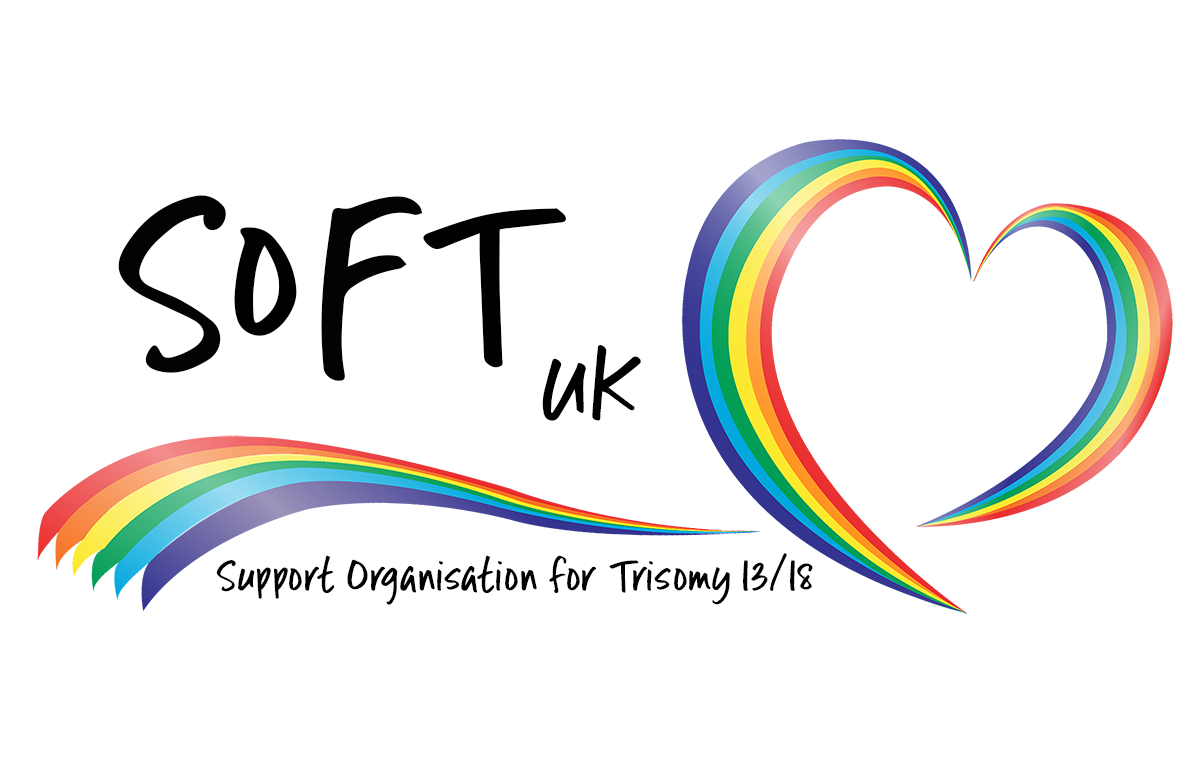Are Trisomy 18 Babies Active In The Womb
Trisomy 18, also known as Edwards syndrome, is a genetic disorder caused by the presence of an extra 18th chromosome. Babies with trisomy 18 can have significant developmental issues and a high rate of fetal and neonatal mortality. Their activity level in the womb can vary, but there are some common trends associated with this condition:
Decreased Fetal Movement: Many mothers carrying babies with trisomy 18 report decreased fetal movements. This is often due to the multiple anomalies and growth restrictions associated with the condition, which can impact the baby's ability to move.
Growth Restrictions: Babies with trisomy 18 often experience intrauterine growth restriction (IUGR), meaning they grow more slowly than expected during pregnancy. This can also contribute to reduced fetal activity.
Congenital Anomalies: The presence of congenital anomalies, such as heart defects, limb abnormalities, and other physical malformations, can limit the baby's ability to move actively in the womb.
While some level of movement is typically present, it is generally less vigorous and less frequent compared to a healthy pregnancy. If you are concerned about fetal movements, it is essential to consult with a healthcare provider for appropriate monitoring and evaluation.
All Trisomy babies are unique and your pregnancy will be individual to you. To find out more about the impacts of Trisomy 18 during pregnancy, we recommend reading our family stories to get a broader range of lived experiences. You can find these real world experiences here: https://www.soft.org.uk/family-stories-1
If you would like to speak with one of our trained support volunteers, please get in touch at: support@soft.org.uk
